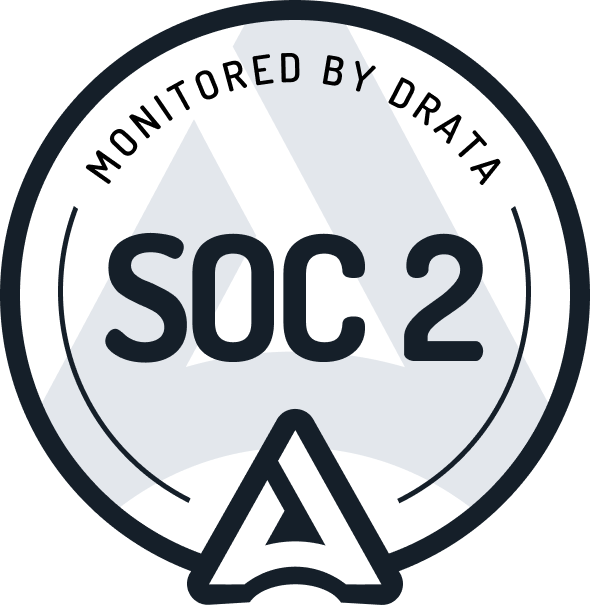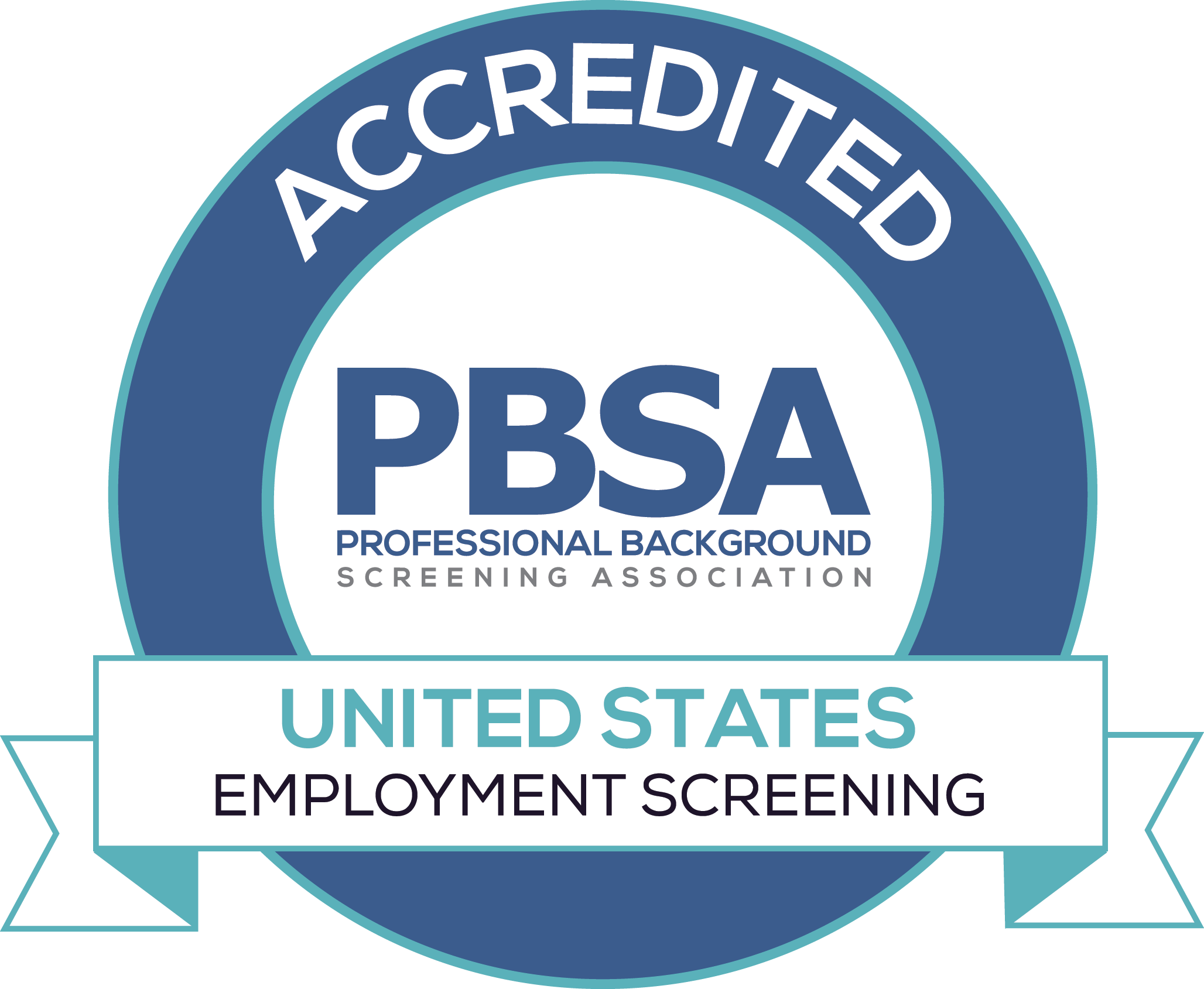January 5th, 2020
Employers should continue to exercise caution and care in drafting their criminal record screening policies. A recent settlement by Dollar General underscores this point, even though it comes on the heels of the Fifth Circuit’s opinion holding that the EEOC violated the federal Administrative Procedure Act (APA) in issuing its 2012 Enforcement Guidance on the Consideration of Arrest and Conviction Records in Employment Decisions Under Title VII of the Civil Rights Act of 1964.1 The EEOC and Dollar General recently resolved the EEOC’s six-year lawsuit against the retailer arising under Title VII of the Civil Rights Act of 1964 (Title VII) for $6 million dollars and other programmatic relief.
In 2013, the EEOC filed suit, alleging that the company’s use of criminal background checks disparately impacted African-American applicants in violation of Title VII. The lawsuit alleged that the retailer violated Title VII due to the purported “gross disparity in the rates at which Black and non-Black conditional employees were discharged.” Though a federal court in Illinois ruled for the EEOC during some discovery disputes,2 the federal court never ruled against the company on the substance of the EEOC’s claims, nor has the company admitted any liability. The company has, rather, steadfastly denied liability.
The parties mediated the matter on September 11, 2019. On October 28, 2019, the parties submitted a Consent Decree (“Decree”) to the federal court in Illinois for approval. The Decree, which will be in effect for three years, requires programmatic relief in addition to a monetary payment. Specifically, the retailer can continue to consider applicants’ and employees’ criminal conviction history for employment purposes only if it agrees not to violate anti-discrimination and anti-retaliation laws, and if it complies with numerous requirements, including:
retaining a criminal history consultant to evaluate its use of criminal history information in hiring decisions, and implementing recommendations made by the consultant by 180 days from the entry of the Decree at the latest;
until the consultant’s recommendations are implemented, conducting internal individualized reviews for various misdemeanor crimes, using factors specified in the Decree; and
updating its reconsideration process for individuals whose conditional offer is rescinded because of criminal conviction history.
The retailer further agreed to submit detailed yearly reports to the EEOC, beginning the year after it implements the consultant’s recommendations. The EEOC agreed not to use data from these reports to bring any charges or lawsuits against the retailer, and it agreed to destroy data from these reports upon expiration of the Decree. The company also agreed to conduct trainings on its background check processes and to update its policies. Additionally, it agreed to provide notices to conditional hires about its background check processes and that a criminal history is not an automatic bar to employment.
The terms of the class-wide settlement must still be approved by the federal court.
Overall, employers’ use of background checks, including criminal record screening policies, raises an array of complex legal issues and continues to garner attention from legislatures, the EEOC, and the plaintiffs’ bar.3 All employers, and particularly multi-state employers, should continue to be vigilant about compliance with all applicable laws, including the so-called ban-the-box laws and the federal Fair Credit Reporting Act (FCRA).4 The FCRA especially has become one of the mainstays of the plaintiffs’ class action bar.

With more than 1,500 labor and employment attorneys in offices around the world, Littler provides workplace solutions that are local, everywhere.
Read more news and analysis here: https://www.littler.com/news-analysis
Company
Background Checks




